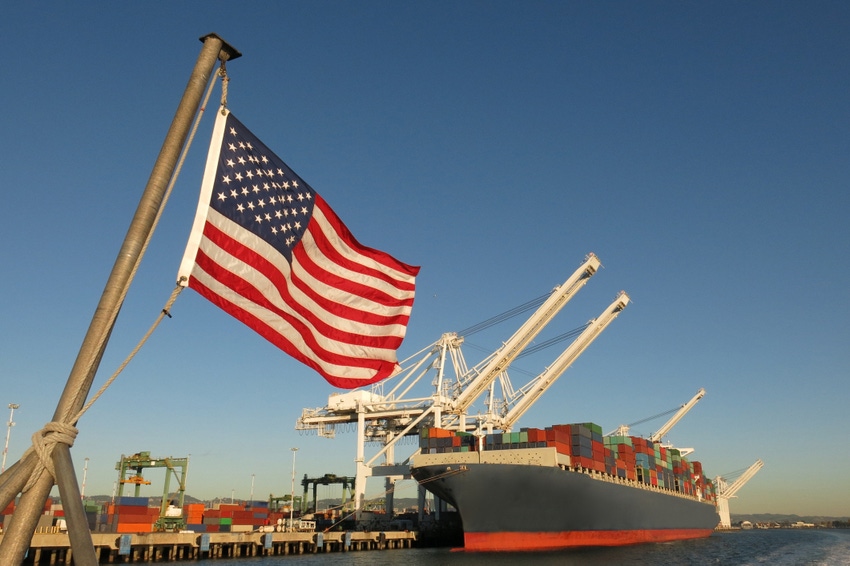Pork sales would generate $24.5 billion if U.S. pork gained unrestricted access to China.

Securing zero-tariff access to China for U.S. pork would be an economic boon for American agriculture and the country, according to the National Pork Producers Council (NPPC). Based on an analysis by Iowa State University (ISU) economist Dermot Hayes, NPPC said unrestricted access to the Chinese chilled and frozen market would reduce the overall trade deficit with China by nearly 6% and generate 184,000 new U.S. jobs in the next decade. NPPC has launched a digital campaign to spotlight the importance of opening the Chinese market to U.S. pork as trade negotiations continue.
"Were it not for China's tariffs that are severely limiting access to American goods and other restrictions, including customs clearance delays, U.S. pork could be an economic powerhouse, creating thousands of new jobs, expanding sales and dramatically slashing our nation's trade deficit. China's actions would unleash tremendous benefits to U.S. pork producers, our nation and Chinese consumers who rely on this essential protein," Hayes said.
According to Hayes' analysis, U.S. pork sales would generate $24.5 billion if U.S. pork gained unrestricted access to the world's largest pork-producing nation over 10 years.
"The U.S. pork industry is missing out on an unprecedented sales opportunity in China when it most needs an affordable, safe and reliable supply of its favored protein," said NPPC president David Herring, a hog farmer from Lillington, N.C. "The United States is the lowest-cost producer of pork in the world, but with 72% tariffs, we are not nearly as competitive as Europe, Brazil, Canada and other nations."
Pork is a staple of the Chinese diet and a major element of the country's Consumer Price Index. China's swine herd has been devastated by African swine fever (ASF), reducing domestic production by more than 50% and resulting in a mounting food price inflation challenge for the country.
The U.S. Meat Export Federation (USMEF) reported recently that while September pork exports to China/Hong Kong were “dramatically higher” than a year ago, they pulled back from the large totals posted over the previous two months as China’s domestic pork supplies felt increasing pressure from ASF.
September export volume was 51,192 metric tons, up 158% from a year ago, while value increased 123% to $115.6 million. For January through September, exports to China/Hong Kong were up 47% in volume to 407,514 mt and 25% in value to $833.5 million, USMEF noted.
About the Author(s)
You May Also Like



.png?width=300&auto=webp&quality=80&disable=upscale)

